It’s a familiar response whenever the National Weather Service warns of a Category 5 hurricane, a life-threatening winter blizzard or some other looming natural disaster. Government officials urge local citizens to seek shelter immediately, while promising that area police will keep guard to ensure that looters do not use the emergency to rob boarded-up homes and abandoned stores.
Today, Americans are being warned to brace for another kind of storm, one involving not the weather but their personal finances. Economic experts as diverse as Bridgewater Associates founder Ray Dalio, Chase CEO Jamie Dimon, Allianz advisor Mohamed El-Erian and former Harvard president Larry Summers are all predicting that the US will soon experience a major monetary upheaval as a result of the country’s unwieldy $33.5 trillion debt. As legendary investor Jim Rogers recently put it, “No nation has ever been as deeply in debt as the US is, and that cannot be good… Somebody’s going to suffer.”
Yet sadly, the government’s traditional sense of obligation to protect citizens from those who would take advantage of them during a life-threatening weather event does not extend to the coming financial tempest. Over the last decade, according to a recent study by Americans for Tax Reform, annual spending by America’s fifty state governments — excluding what they passed on from Washington — increased 51.7 percent. And total annual spending by the federal government itself rose 69.4 percent over the same period — more than three times as fast as the 21.6 percent increase in population growth, adjusted for inflation.
A close examination of the most recent jobs reports from the US Department of Labor is even more revealing. Of the 336,000 new positions added to the American economy in September, 96,000 were at some level of government. Include the 41,000 new spots that were created in government-subsidized healthcare, and 137,000 — or more than 40 percent — of all the jobs currently being filled are in the public sector.
What all this means is that federal, state and local governments have put themselves in a position to appear to economize when the coming fiscal crisis finally hits, but even after cosmetic cuts continue spending far more than if their growth had been responsibly limited. Meanwhile, all the policies that currently make public services far larger and more costly than necessary will still be on the books.
Take the example of President Biden’s deceptively named Inflation Reduction Act, which among other things creates a huge federal “Climate Corps.” As described by Presidential Climate Advisor Ali Zaidi, this force is slated to employ millions of people “to do the essential work of averting climate catastrophe and building a fair and equitable new economy” — even though no one has ever said exactly what this work would involve.
In deep blue states like New York, Democrat politicians have not even tried to disguise their use of climate legislation to guarantee a post-fiscal crisis expansion of government. The Albany legislature’s Climate Action Council, for instance, has recently published its “Scoping Plan,” which commits the Empire State to funding at least 300,000 highly-paid emissions control jobs over the coming years, completely regardless of whatever environmental technologies are actually in use at the time.
Still in place are all the federal and local education policies which mandate such cumbersome public school administrative structures that half the country’s districts have more non-instructional personnel than teachers. (The Chicago Board of Education, which currently has 3,300 employees, is larger than the entire Japanese Ministry of Education.) Unchanged as well are the so-called Certificate of Need (COD) laws which in thirty-five states prevent entrepreneurs from lowering local healthcare costs by competing with local hospital, ambulatory care, and medical testing monopolies.
And just to make sure that future public and quasi-public spending is paid for by a less affluent post-crisis electorate, the president’s Inflation Reduction Act conveniently dedicates $79.6 billion to the hiring 87,000 additional IRS agents. Last spring, the new GOP House did manage to trim $20 billion of this proposed funding as part of its budget compromise with the Senate, but the resulting $59.6 billion for new tax collectors remains an effective cudgel.
As America’s painful reckoning with the widely predicted fiscal crises gets ever closer, a growing number of commentators have expressed surprise that so many consumers are still splurging on expensive holiday excursions — what has come to be called “revenge travel.” Initially financed by the savings many had accumulated during Covid, this extended spree has since pushed the nation’s cumulative credit card debt to an all-time high of over $1 trillion. Instead of putting aside money to protect themselves from the looming financial squeeze, notes Wall Street Journal economics reporter Rachel Wolfe, the public is literally “spending like there’s no tomorrow.”
But is it really any wonder that so many people would be living for the present when their own government’s selfish response to the last national crisis — the pandemic itself — is still fresh in their minds?
Politicians were caught vacationing and partying while their constituents were commanded to lock down. Teacher union members across the country got paid not to show up for work while the intellectual development of millions of school children was stunted for lack of classroom learning. Government officials even colluded with social media to make sure that those who questioned the official orthodoxy with respect to the origins of Covid or how to treat it were bullied into silence.
If there is a fatalistic abandon afflicting American voters on the eve of what many experts predict will be an unprecedented financial cataclysm, only half of it likely stems from a fear of the fiscal crisis itself. The other half quite reasonably flows from the public’s suspicion of what happens in the aftermath: a grossly disproportionate allocation of the subsequent pain between the government and the people it supposedly exists to serve.



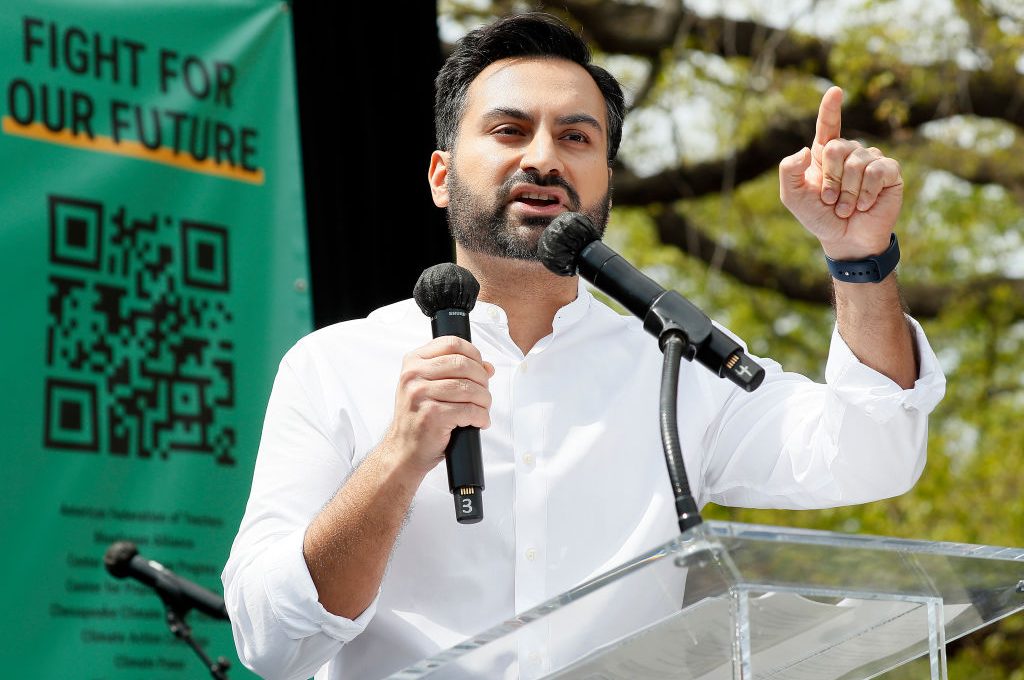






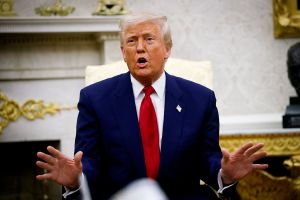


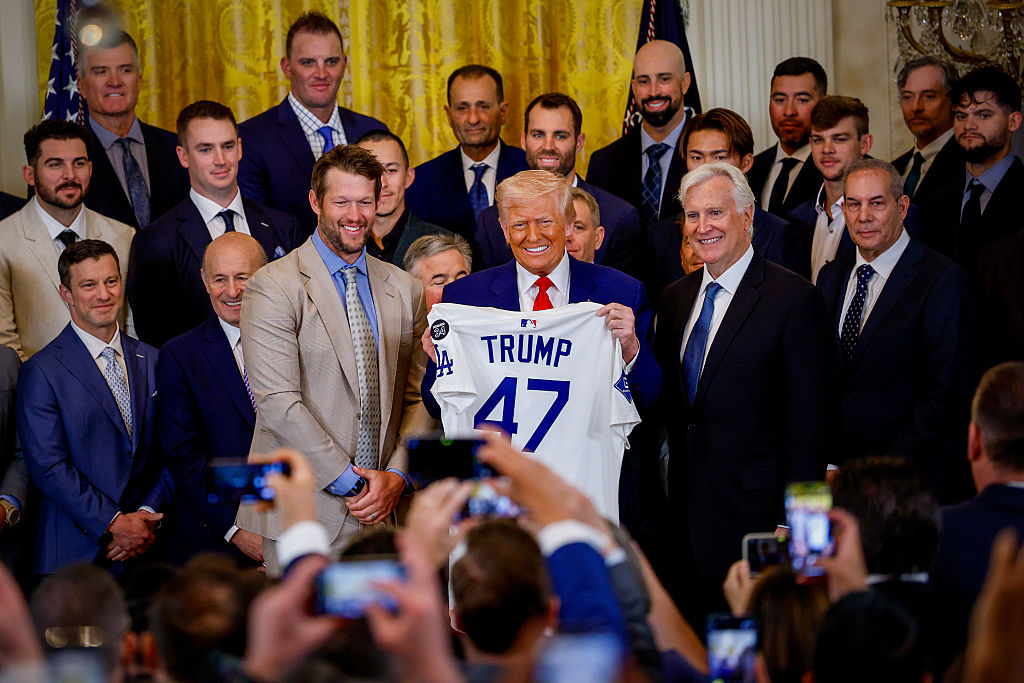
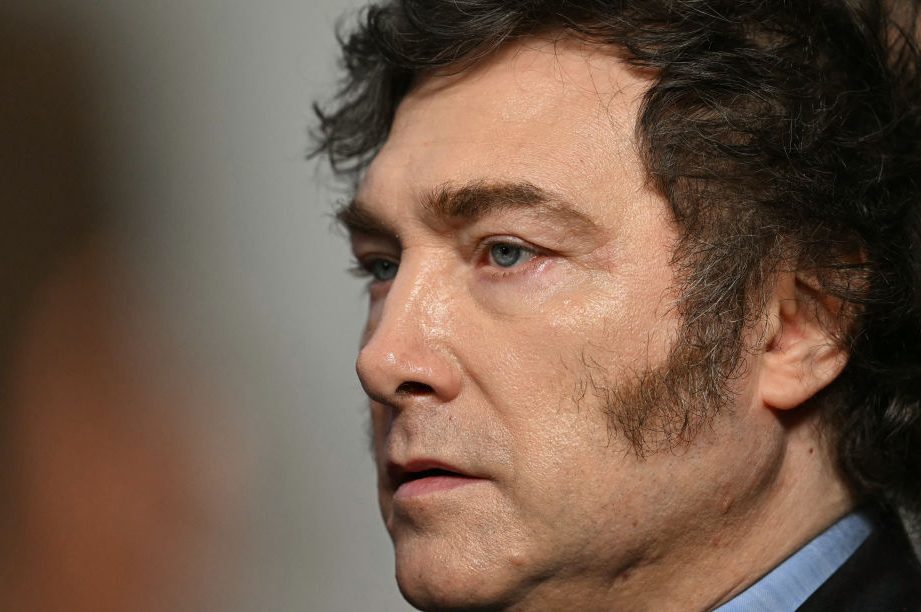
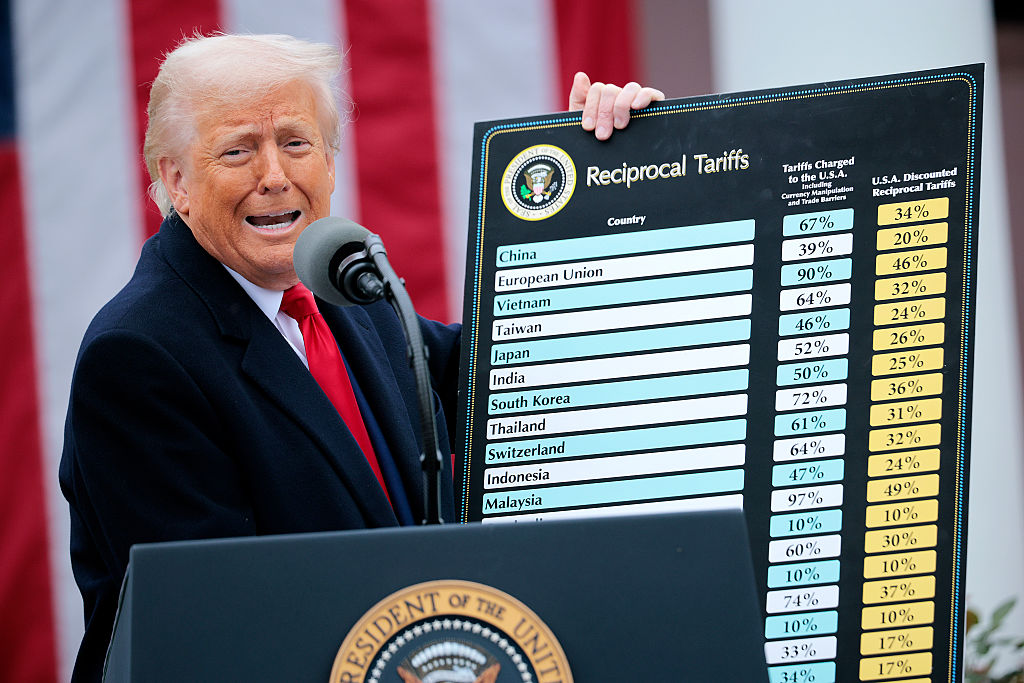
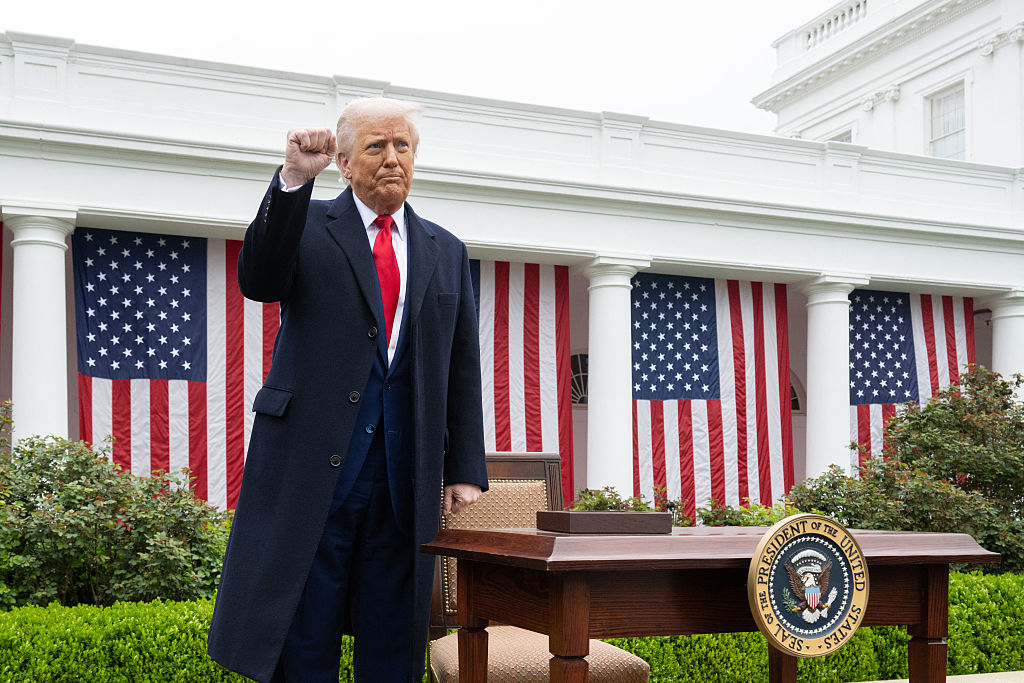









Leave a Reply